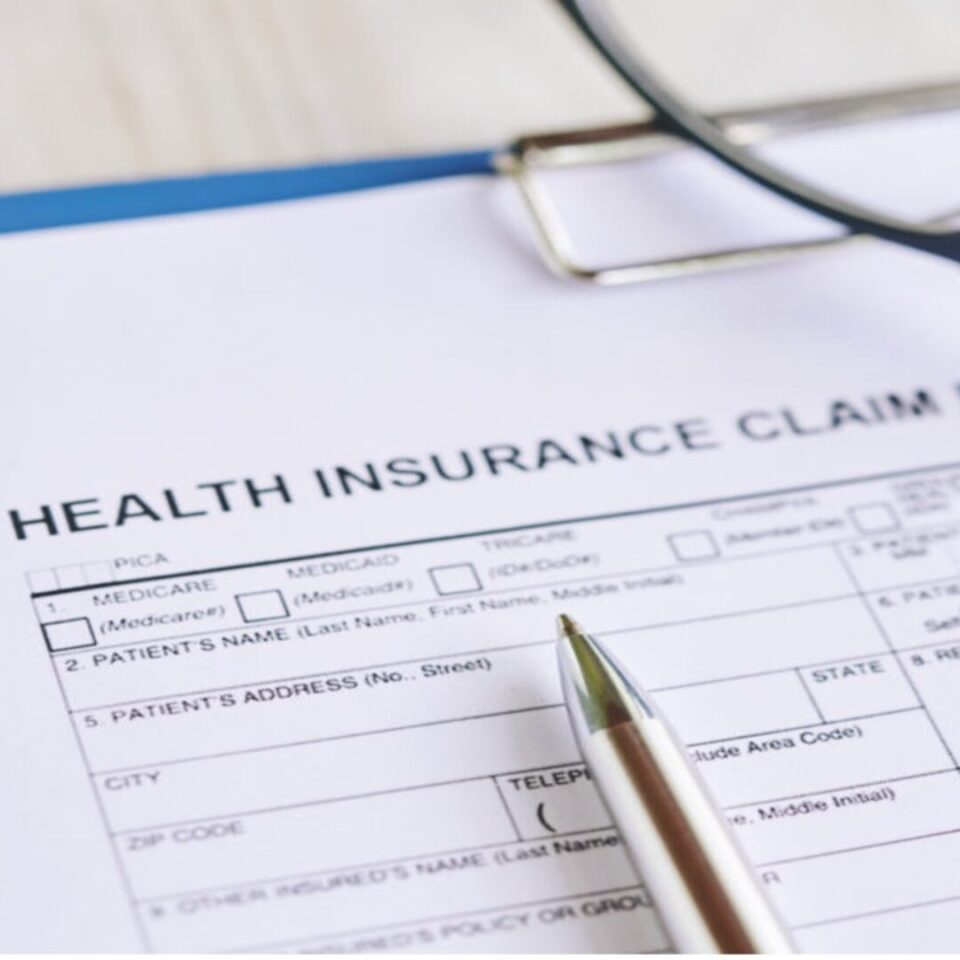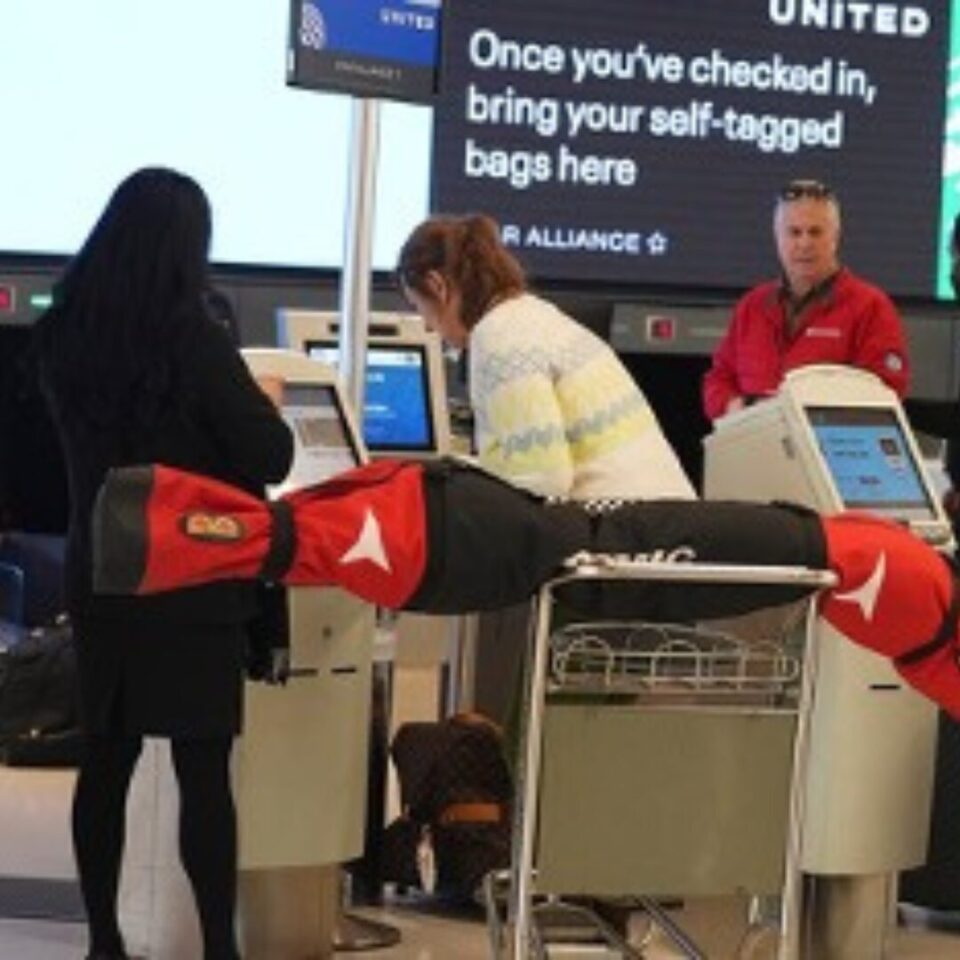Medical Assistance in High-Risk Destinations: What Travelers Need to Know
Medical Assistance in High-Risk Destinations is essential for travelers. Learn what vaccines, precautions, and health resources you need for malaria and dengue-prone areas.

Traveling to exotic, off-the-beaten-path destinations is thrilling, but it comes with real health risks—especially when those places are known for malaria or dengue fever.
Medical assistance in high-risk destinations isn’t just a precaution; it’s a necessity. Here’s how travelers can prepare before departure, what they need to know on the ground, and how to stay safe and healthy during their journey.
Understanding High-Risk Destinations for Travelers
Certain parts of the world pose more health risks than others due to climate, infrastructure, and endemic diseases.
What Makes a Destination High-Risk
High-risk areas often have limited access to quality healthcare, poor sanitation, and a high prevalence of infectious diseases. Tropical and subtropical climates encourage mosquito breeding, increasing disease transmission.
Malaria-Prone Countries
Malaria is common in sub-Saharan Africa, parts of South Asia, and northern South America. Popular tourist countries like Kenya, India, and Brazil are affected.
Dengue Fever Hotspots
Dengue fever is widespread in Southeast Asia (Thailand, Indonesia), Latin America, and the Caribbean. Urban areas during the rainy season are particularly vulnerable.
Why Medical Preparation is Critical
Travelers may underestimate the severity of diseases like malaria or dengue, which can be fatal without timely treatment. Being unprepared could lead to delays in diagnosis or treatment, worsening the condition.
Pre-Trip Health Planning
Consulting a Travel Medicine Specialist
A visit to a travel clinic at least 4-6 weeks before departure ensures you get the right vaccines and medications based on your destination and health history.
Health Risk Assessment by Destination
Use CDC or WHO websites to assess health risks in your destination country. Travel health advisors can tailor precautions based on current outbreaks.
- Essential Vaccinations and Medications
Recommended Vaccines for Malaria Regions
There’s no malaria vaccine for travelers yet, but the RTS,S vaccine is available in some countries for local children. However, vaccines for yellow fever, typhoid, and hepatitis A & B are essential.
Preventive Medications for Malaria
Doctors often prescribe antimalarial medications like Malarone, Doxycycline, or Lariam. These must be taken before, during, and after travel.
Dengue Fever: No Vaccine, But Precautions
There’s no widely available vaccine for travelers against dengue. However, Dengvaxia is approved in some regions for locals with prior dengue infections.
Researching Local Medical Facilities
Knowing the quality and location of healthcare abroad is vital in emergencies.
Nearest Hospital or Clinic
Before departure, make a list of reputable clinics or hospitals near your travel area. Use embassy websites or travel health apps to locate them.
Emergency Services Abroad
Not all countries have reliable ambulance services. Plan for how to get to the nearest medical facility if needed.
Language Barriers and Medical Staff
Carry a translation app or medical phrasebook. Some apps even let you show visual symptoms to medical staff.
What to Pack in a Travel Health Kit
A well-stocked health kit can be a lifesaver when traveling in remote areas.
- Basic First Aid Items: Bandages, antiseptics, tweezers, and gloves.
- Prescription Medications: Carry enough for the trip plus extras in case of delay.
- Mosquito Repellents and Netting: Use repellents with DEET and pack mosquito nets if your stay lacks proper screening.
Preventative Measures to Avoid Infection
Apply insect repellent regularly and avoid being outdoors at dawn and dusk when mosquitoes are most active.
Personal Protection from Mosquitoes
Clothing and Insecticides
Wear long-sleeved clothing and pants. Treat your clothes with permethrin, a mosquito-killing chemical.
Choosing Accommodations with Screens or AC
Air-conditioned rooms with window screens reduce mosquito exposure significantly.
Travel Assistance and Medical Evacuation Plans
Always purchase comprehensive travel assistance that includes health coverage and medical evacuation.
- Look for policies that cover hospital stays, doctor visits, and emergency evacuations.
- Some even offer 24/7 health consultation hotlines.
Staying Informed While Abroad
Sign up for health alert emails from WHO or CDC before you travel. Some local governments send alerts via SMS or mobile apps.
Coping with Illness Abroad
Recognizing Symptoms
Fever, chills, headaches, joint pain, and nausea are red flags. If symptoms persist, don’t delay—go to the hospital.
Getting Help Quickly
Your travel health insurance should guide you to the right facility. Have the emergency number saved in your phone.
Returning Home Safely
After returning, if you feel unwell—especially with flu-like symptoms—consult your doctor immediately and mention your travel history.
Special Considerations for Vulnerable Groups
Elderly travelers, children, pregnant women, and those with chronic illnesses face higher risks and may require extra precautions or different medications.
Conclusion
Medical assistance in high-risk destinations is more than packing a first aid kit—it’s a mindset. By planning ahead, getting the right vaccinations, understanding local healthcare, and staying informed, you can enjoy your adventure while protecting your health. Preparedness is the key to safe travel in any corner of the world.
FAQs
What vaccines should I get before traveling to a malaria zone?
You should consider vaccines for yellow fever, typhoid, hepatitis A & B, and take antimalarial medications.
Is there a cure for dengue fever?
No cure exists; treatment focuses on symptom relief. Hydration and medical monitoring are crucial.
Can I bring my own medications overseas?
Yes, but keep them in original packaging with prescriptions. Check the legality of certain drugs at your destination.




